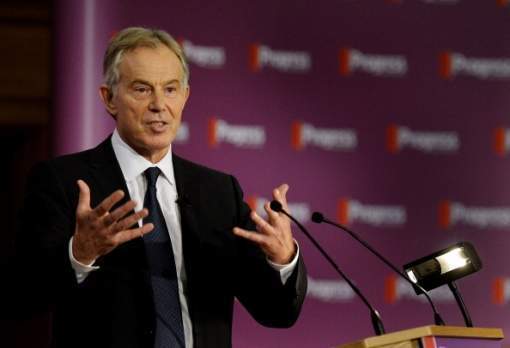
It may seem odd for a liberal to look at Tony Blair in a positive light. But in a paper I’ve written for CentreForum today entitled “Rethinking the Blair doctrine”, I do just that. Specifically, I look back at a speech the then prime minister gave in Chicago on April 24th, 1999 regarding liberal interventionism.
In that speech, Blair outlined what he thought were the five key questions that should be definitively answered prior to any western power becoming militarily involved in any conflict abroad. It was a good set of principles, to which I would only add one further question (“Is there currently a military conflict active in the region/country at the time of consideration?”).
Four years and a bit later, Britain was part of a coalition of western nations that invaded Iraq. It was an invasion I and many others opposed and continue to think was a poor idea – in my case, at least partly because I feel none of the considerations Blair himself outlined in his Chicago speech of 1999 had been adequately met in the case of Iraq. However, this does not mean that the Blair doctrine itself wasn’t still a very fine set of principles to apply to any future consideration regarding liberal interventionism. Nor, more importantly, does it mean that liberal interventionism itself should become devalued in and of itself in light of the Iraq invasion.
Related to this, liberalism should not be the creed of unadulterated pacifism. Yes, any war needs to be fully justified (thus going back to the Blair doctrine in the first place), but as internationalists, how can any conflict, ever, be ruled out? I ask you this: if military intervention can be taken prudently and decisively, in a part of the world in which an active war is already taking place, in other words intervention can definitively save thousands of lives – should that be opposed? My answer to progressives is, no, it should not.
I take Syria as a case in point. In my paper, I argue that Britain should have intervened. I believe that had we done so, the Syrian civil war could have been ended there and then and what has followed – most notably the ascendance of Daesh, aka ISIS – could have been averted. But I have to admit, this is mere speculation. Neither you nor I will ever know in what such a course of action would have resulted. I say all of this to illustrate I am well aware that thinking about liberal interventionism is difficult and comes down, in every case, to making difficult decisions. But they are also decisions I think cannot be avoided. Even if you choose the road of pacifism in every instance, you are still making a choice, one that may affect thousands of lives.
I sincerely wish we all lived in a Francis Fukuyama “end of history” world in which the belligerence of nation states, either against other nation states or their own people, was something confined to the past. Sadly, in a world in which Assad and Putin, not to mention the Saudis and the Iranian theocracy, not only thrive but command real international power, we still live in a world in which military choices will still have to be made for the foreseeable future.





